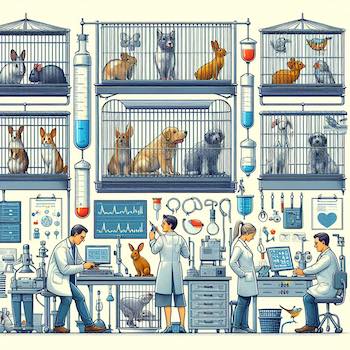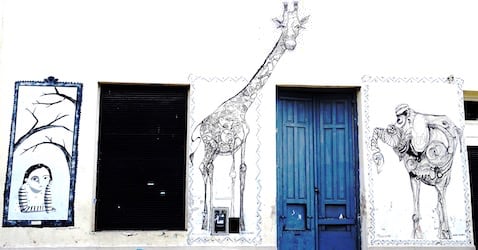How can we restore substance to matter?
Abstract: Given the difficulty in demonstrating the ontological reality of emergence, some authors propose to make a non-substantialist conception of it. But classical reductionist ontology is already failing to say whether there is a fundamental substance of things. It simply associates an information structure with each observable phenomenon, without justifying or contradicting the existence of … Read more










